SAN MARCOS — Palomar College educates thousands of students through in-person and online courses, but recently, some students feel that the college has shifted too heavily towards online learning.
Concerns about this issue are rising as students are experiencing difficulties finding in-person sections of classes they need as opposed to online offerings. Students seeking out these sections feel that they are missing the full picture of self-exploration, academic accountability, and social interaction, and having more options for in-person classes adds to their education.
Beth Pearson, the Palomar Faculty Senate President and a professor of botany, general biology, and marine biology at Palomar, notes the continued value of online courses to students and the college but also how too many offerings can be troubling.
“Most of the students I talk to like sort of a little bit of both: some online, some in-person. It gives them some flexibility, but sometimes when students are looking to take an in-person class, they can’t find an in-person section because so many of them have shifted to online,” Pearson said.
Fully online courses can be challenging for students who do not do well with online instruction. A lack of options for in-person courses could prohibit certain students from being successful in the majors of their choice.
In 2023, 17% of students pursued online education because it was the only way to take classes in their chosen fields, according to Statistica. The study provided data on how colleges turning towards only online offerings for specific courses can block students who struggle in online classes from excelling in areas of their interest.
Lydia White, a student at Palomar, said, “I remember when I was signing up for classes, there were a few classes I was very interested in, but I decided not to take them because they only had online options.”
The increase in students taking online classes is also a concern regarding students’ temptations to cheat. Pearson disclosed that there is a worry about the “true academic preparedness” of students forced into online environments who did not work their hardest, especially in areas related to their major.
“If it’s not in-person, it doesn’t feel real, and it’s easy to forget about, there’s nobody holding you accountable,” White said.
Dylan Valentine, a student at Palomar, said he prefers in-person classes because they make him “go to class and actually do the work.”
Online courses are instrumental in educating students who are homebound or who have commitments that make coming to school difficult. But for students who want the social experience of the classroom, the lack of options for an in-person class can be upsetting. Beth Pearson noted this, stating that “the isolation of an online course is real ” and that this can be troublesome for some students’ education experiences.
Valentine explained how this lack of social interaction was particularly difficult during his German class, which he was only able to get an online section of.
“I definitely do wish I could have taken it as an in-person class. For German especially, it is better to be in person because you are actually engaging in the class and talking to other people,” he said.
According to Pearson, conversations on how to balance in-person and online curriculum offerings are beginning to reach the Faculty Senate, and Pearson is planning to explore these issues further with faculty and student voices.
“It’s a curriculum issue, but it’s also a Senate issue. It’s a college issue,” Pearson stated.

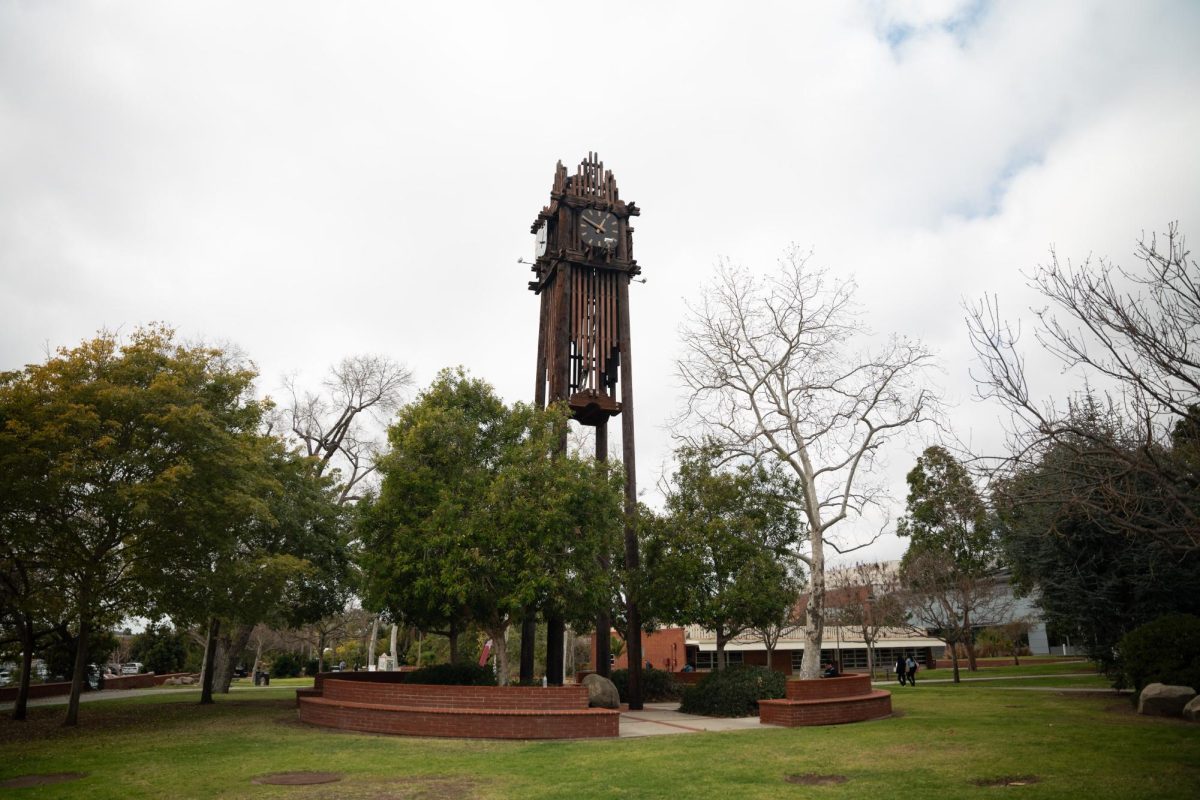


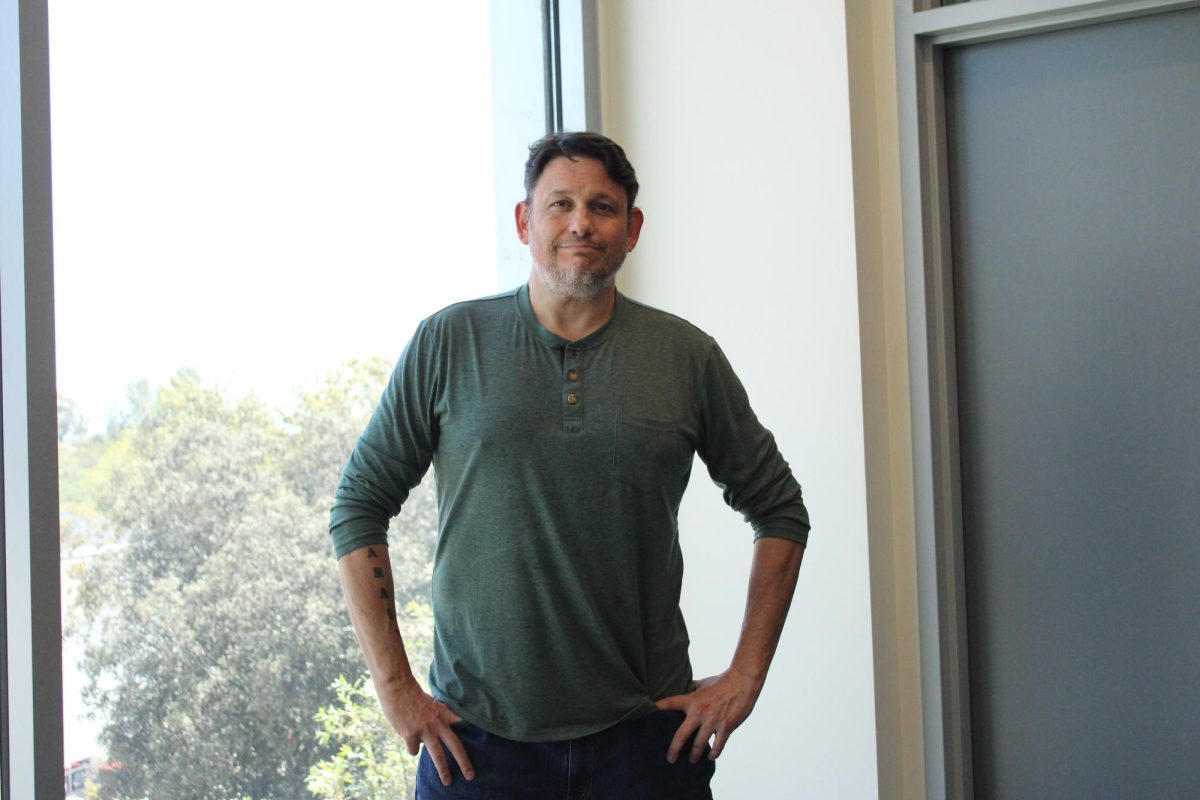
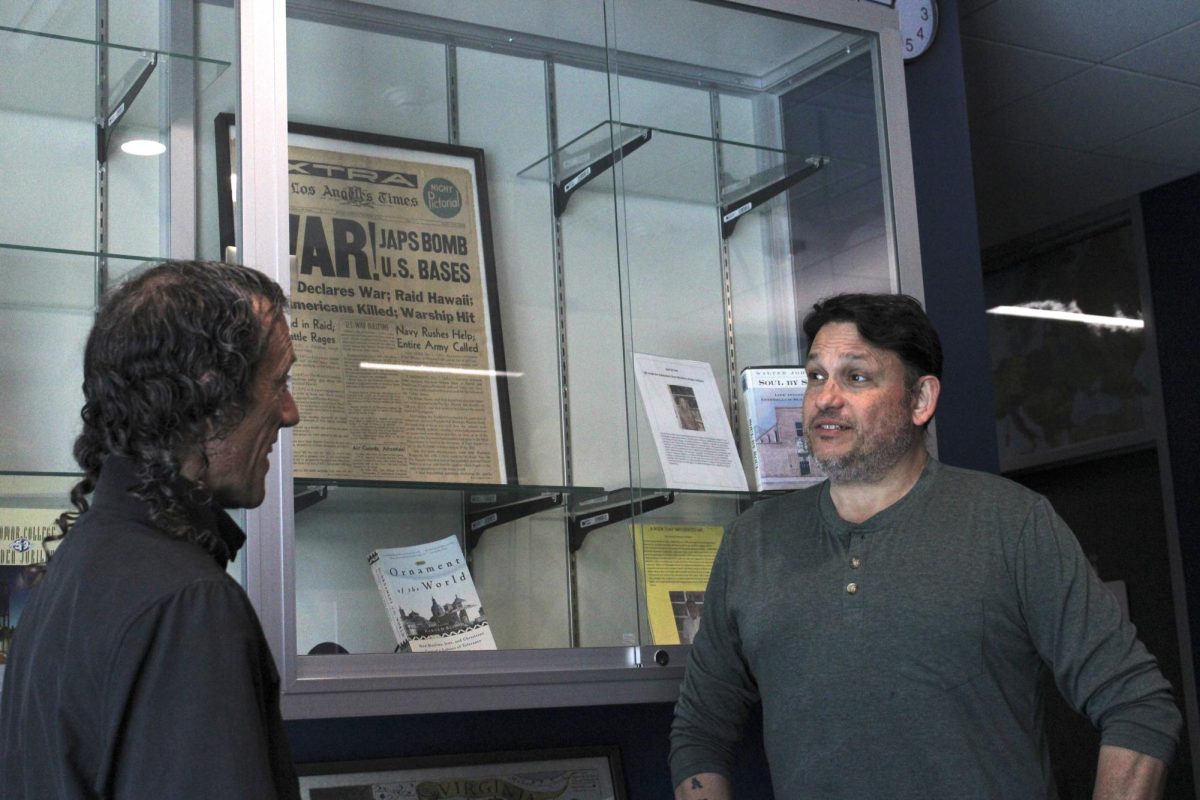
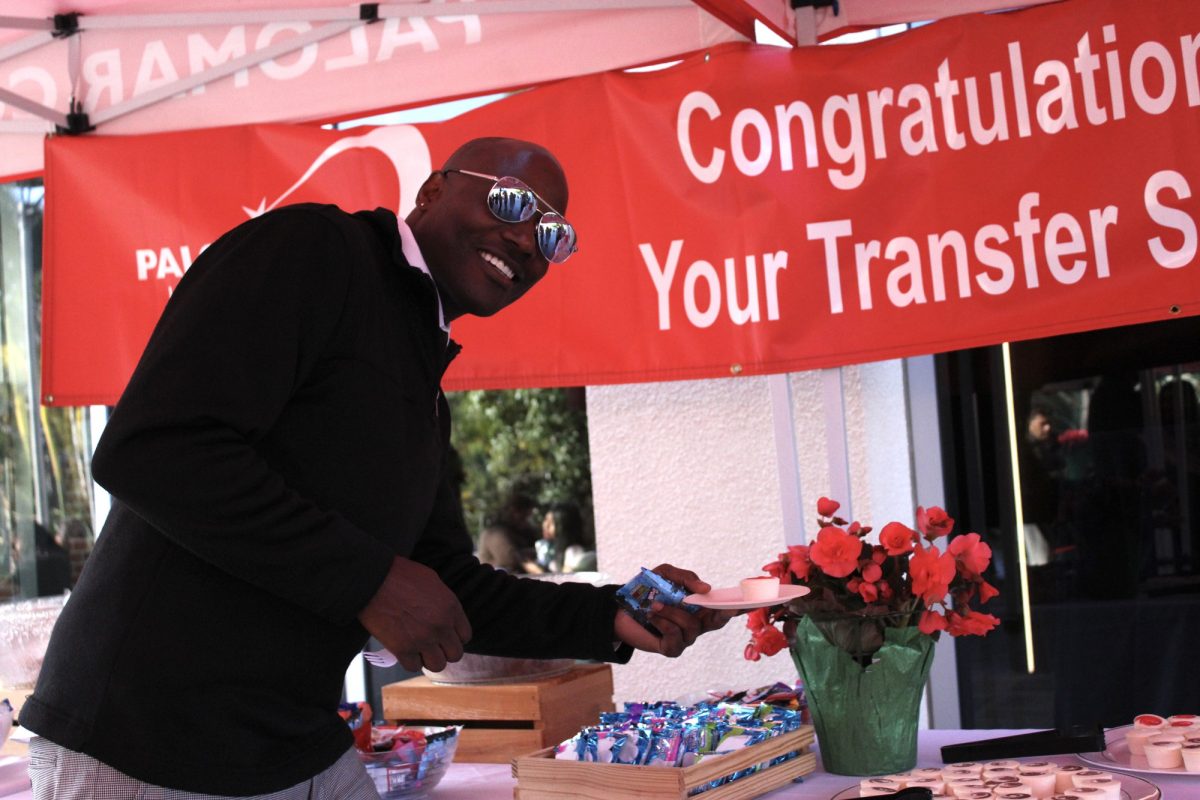
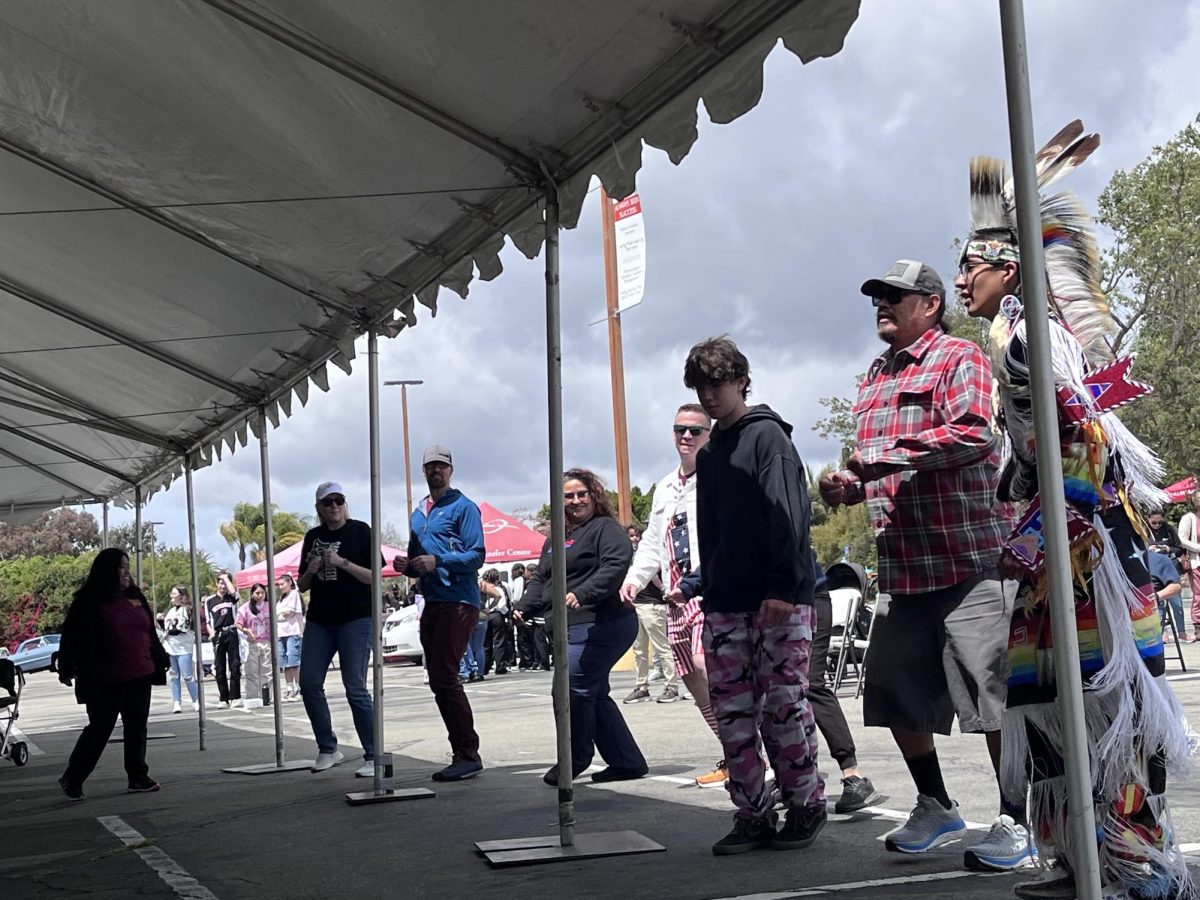
Beth • Apr 15, 2025 at 5:03 pm
Great article Zoe!